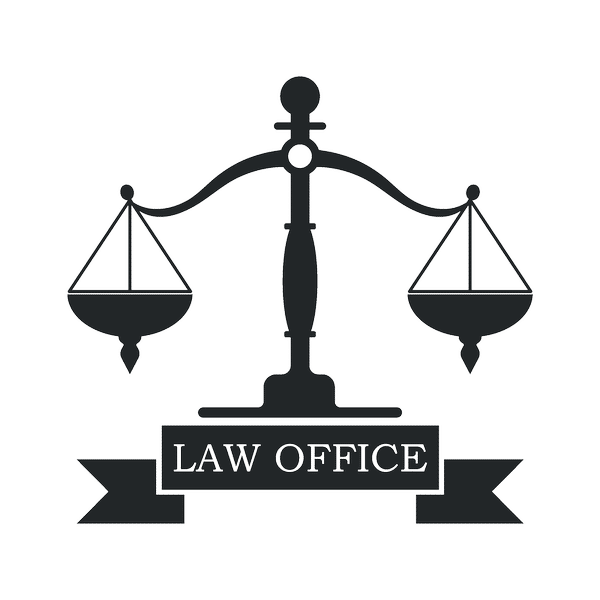5 Big Security Threats at Law Firms

All businesses have a responsibility to observe governmental privacy laws designed to protect consumers, as well as any applicable industry regulations related to data security. However, certain fields have even greater ethical responsibility to protect confidential client information. This is especially true for law firms that collect and store all kinds of sensitive information related to clients and their cases.
In other words, you may want to assess existing security, compare it to current threats, and update as needed to account for common internal and external threats. Here are just a few of the greatest dangers many law firms today face.
1. Insufficient digital security
This is a biggie. If your equipment and software is outdated or otherwise insufficient, your law firm could be a lot more susceptible to internal theft, breaches, and infiltration by viruses, spyware, ransomware, and more. You need to keep programs up-to-date at the very least, but you should also make sure to install multiple levels of protection, including firewalls, antivirus/anti-spyware software, password protections, and encryption.
It’s especially important to make sure mobile devices feature adequate protection, especially if employees use them to access secure data remotely. Devices themselves should feature protections, but you should also set up secure VPN and require two-step verification for access to ensure the highest level of protection.
2. Negligence with hard copies
Protecting against security threats relies heavily on digital measures these days, but that doesn’t mean you can afford to neglect other forms of data, including data on hard copy. It’s imperative to contract with professional shredding services to dispose of hard copies and hard drives, ensuring that resourceful thieves can’t get their hands on sensitive data, regardless of format.
3. Unrestricted access
Not everyone should have access to all information. While certain employees will need access to certain data in order to do their jobs, you needn’t extend the same permissions to clerks and paralegals that senior partners enjoy, for example.
Don’t forget, leaving papers lying around with sensitive data is tantamount to allowing access, even if it’s not digital. Make sure to provide locking bins for any documents slated for shredding and institute a clean desk policy to keep information out of the wrong hands.
4. Untrained employees
Many businesses focus on external threats and forget that there could be dangers lurking within their own walls. You never expect that loyal employees would steal information for personal gain or vengeance, but it’s always best to plan for this possibility anyway.
In addition, you need to make sure that employees are properly trained to avoid common threats like phishing scams or suspicious websites or links. With proper training, you can eliminate some of the most common security threats employees pose.
5. Third-party threats
It’s not enough to bolster your own security – you also need to make sure the third-party vendors you work with take security just as seriously. It’s important to create a vetting process that assesses third-party security to make sure it’s up to your stringent standards. A failure to do so could come back to haunt you down the road.
SEAM provides IT recycling and data destruction services including onsite shredding and hard drive wiping to South Dakota, North Dakota, Minnesota, Iowa, and Nebraska.
Schedule a pickup or contact us for more information.





